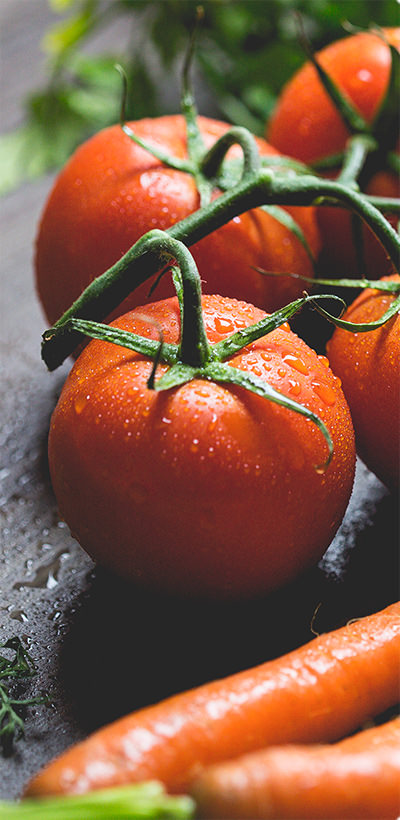Sorrento Broccoli Raab
Sorrento is cold tolerant making it perfect for fall and spring production. Blue/green 2" florets are set between tender turnip shaped leaves, high off the ground on slender stems. Keep picking florets for continued harvests. Bolt tolerance is low so summer production is not advised. The stalks, leaves, and blossoms of the plant are all edible, (trim off the base of the stem, as it can be woody). The flavour is very similar to broccoli, with a touch of bitterness that is surprisingly appealing. Maturity in 45-55 days from transplant. Approx. 400 seeds/pkg.
Scroll down for more details and growing information.

Details
Growing Information
Planting:
Plant seeds 1⁄4-1⁄2 inches deep. Transplant or thin small plants to 15-18 inches apart in rows 32-36 inches apart. Transplants can be started in April for May planting. Transplant after 3-4 weeks. Use a starter fertilizer, soaking the root ball thoroughly prior to transplanting. Direct seed in late spring, as seedlings can tolerate a light frost. Transplant outdoors 12–24" apart for sprouting broccoli in rows 18–36" apart.
Growing:
Broccoli prefers full sun but will tolerate part shade. Prepare a rich, loose soil that holds moisture well and has pH level of 6.0-6.5. Broccoli is a heavy feeder and will also benefit from applications of boron, calcium and magnesium, particularly during the early stages of growth.
Harvest:
Before flower buds open, cut stems of central head and side shoots. Stems 4–8" in length can be bunched for sale or sold loose. Recommend harvesting regularly to encourage continued production.
Pests & Diseases:
Cabbage worms and loopers (white and yellow butterflies) can be controlled using BTK, Rotenone or Pyrethrum. Use row covers to block out all insects including root maggots, aphids and Diamondback moths. Maintaining soil pH of 6.8 and higher will discourage club root. Fungal and bacteria diseases such as head rot and downy mildew can be prevented by allowing good air circulation and avoiding a mid August maturity when the air humidity is higher. Strong healthy plants growing in an organically rich soil will be better able to fight disease.
Companions:
Bush bean, beet, carrot, celery, chard, cucumber, dill, lettuce, onion family, potato, spinach, tomato.



